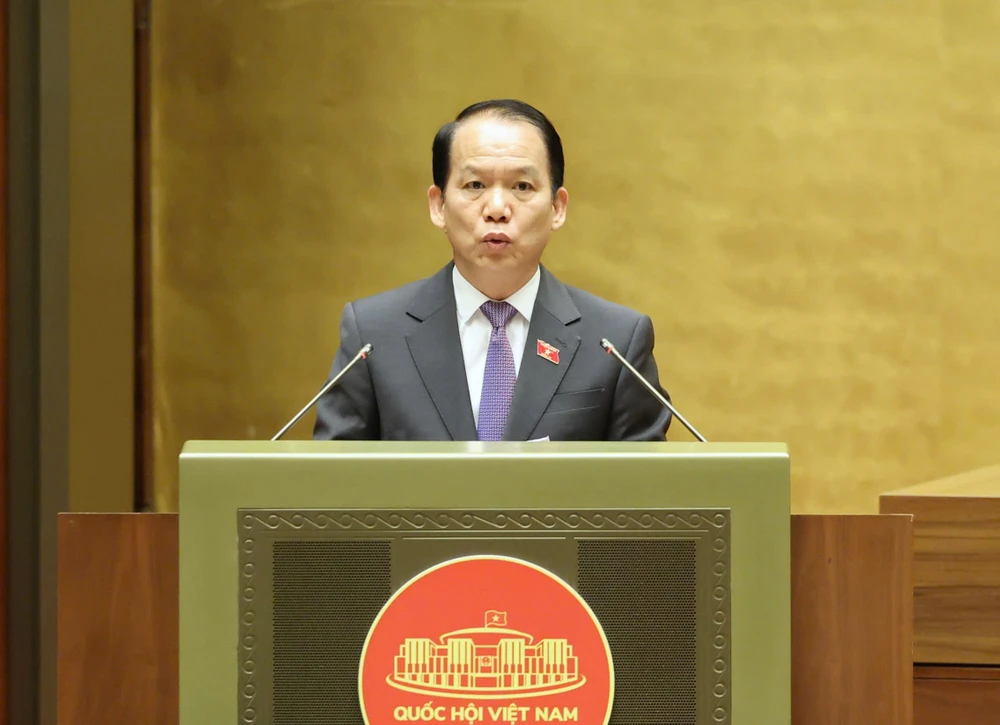
At the plenary session of the National Assembly on the morning of May 7, Chairman of the Law and Justice Committee Hoang Thanh Tung said that after reviewing, the Committee agreed to comprehensively amend the Law on Cadres and Civil Servants to connect cadres and civil servants at the commune level with the provincial level, unifying a civil service regime from the central to the commune level.
According to the draft law, in order to implement the policy of building a unified, interconnected, and synchronous civil service from the central to the commune level, commune-level cadres and civil servants elected or recruited before the effective date of this law, if meeting sufficient standards and conditions, will be converted into cadres and civil servants under the administrative payroll of the locality where the cadres and civil servants work to be arranged and assigned to new commune-level jobs according to Government regulations and instructions from competent authorities when implementing the arrangement of administrative units at all levels and organizing a 2-level local government model.
"The current interconnection is mature enough and is an urgent requirement to implement the policy of streamlining the organizational apparatus and implementing the 2-level local government model," said Mr. Hoang Thanh Tung.
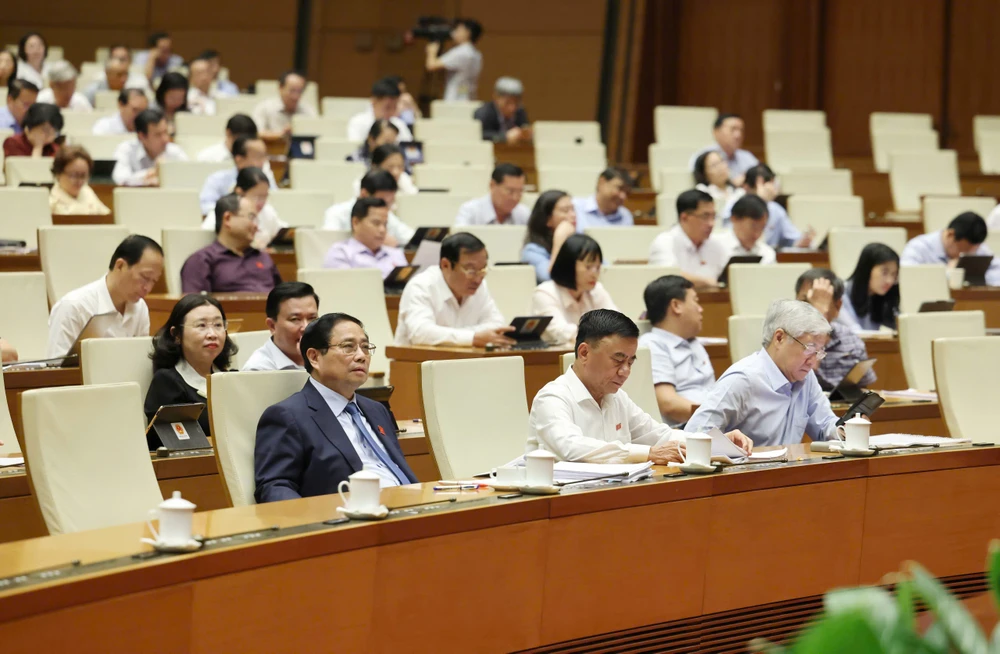
In addition, the UBPLTP basically agrees with continuing to stipulate the principle of managing cadres and civil servants as "a combination of title standards, job positions and staffing quotas", at the same time perfecting regulations on job positions and civil servant ranks as a basis for continuing to innovate the management of cadres and civil servants; amending regulations on civil servant evaluation to have a screening mechanism based on results, specific products and handling cases of failure to complete tasks.
The draft law's provisions on a number of principled contents on policies for talented people in public service also received consensus from the reviewing agency, accordingly assigning the Government to stipulate the policy framework; heads of ministries, branches, central agencies, and provincial People's Councils to specify policies to ensure flexibility and suitability to the characteristics of each industry, field, and locality.
The People's Committee also agreed to remove the regulation on quality control of civil servants' input to implement the policy of promoting decentralization and delegation of power in civil servant management, while strengthening the mechanism of post-inspection, inspection and examination, ensuring decentralization goes hand in hand with effective control of power. At the same time, the examining agency agreed to stipulate a number of principled issues on the basis for determining, content and classifying civil servant job positions; assigning the Government to stipulate the principles, order and procedures for developing and approving job positions to ensure flexibility, meeting the requirements of state management in each period.
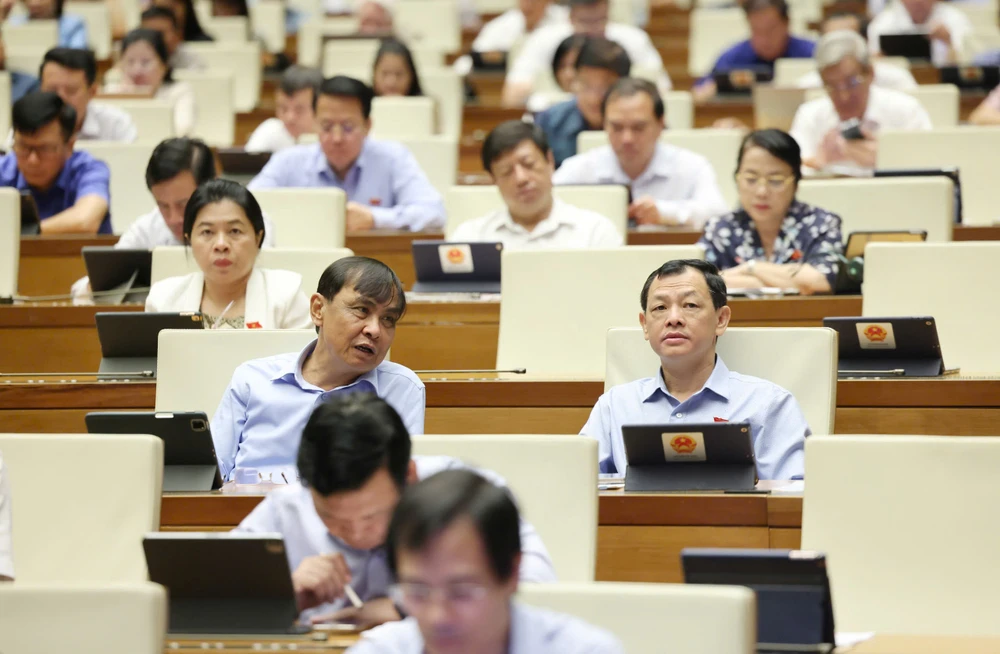
The UBPLTP basically agrees with the provisions of the draft law on civil servant evaluation, emphasizing the evaluation based on specific results and products for each job position. The evaluation results are the basis for implementing policies and regimes, and for screening, assigning to suitable jobs or dismissing civil servants who do not meet the requirements of the job position.
Source: https://www.sggp.org.vn/lien-thong-can-bo-cong-chuc-cap-xa-voi-cap-tinh-post794094.html





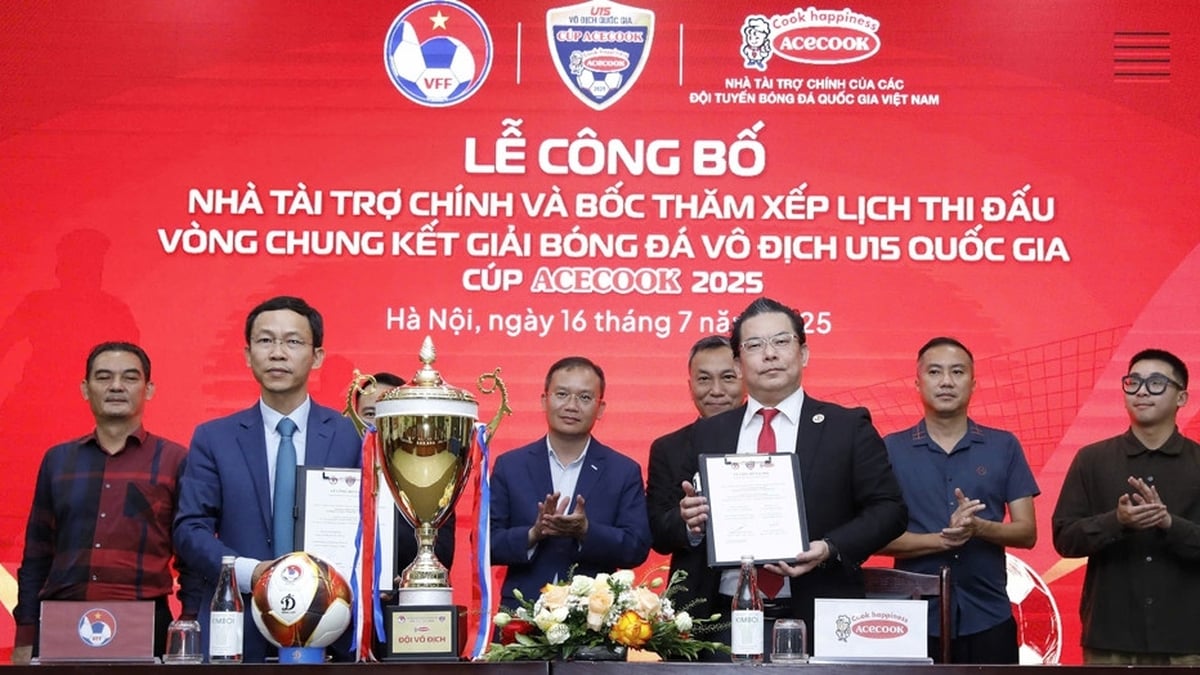



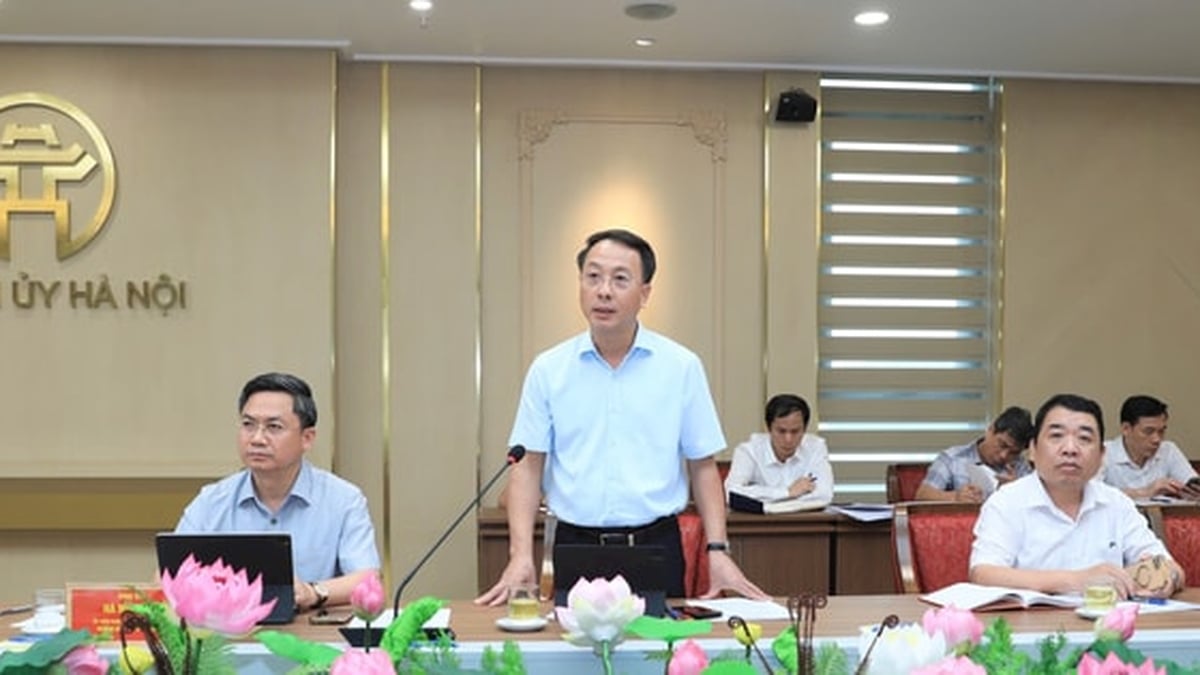
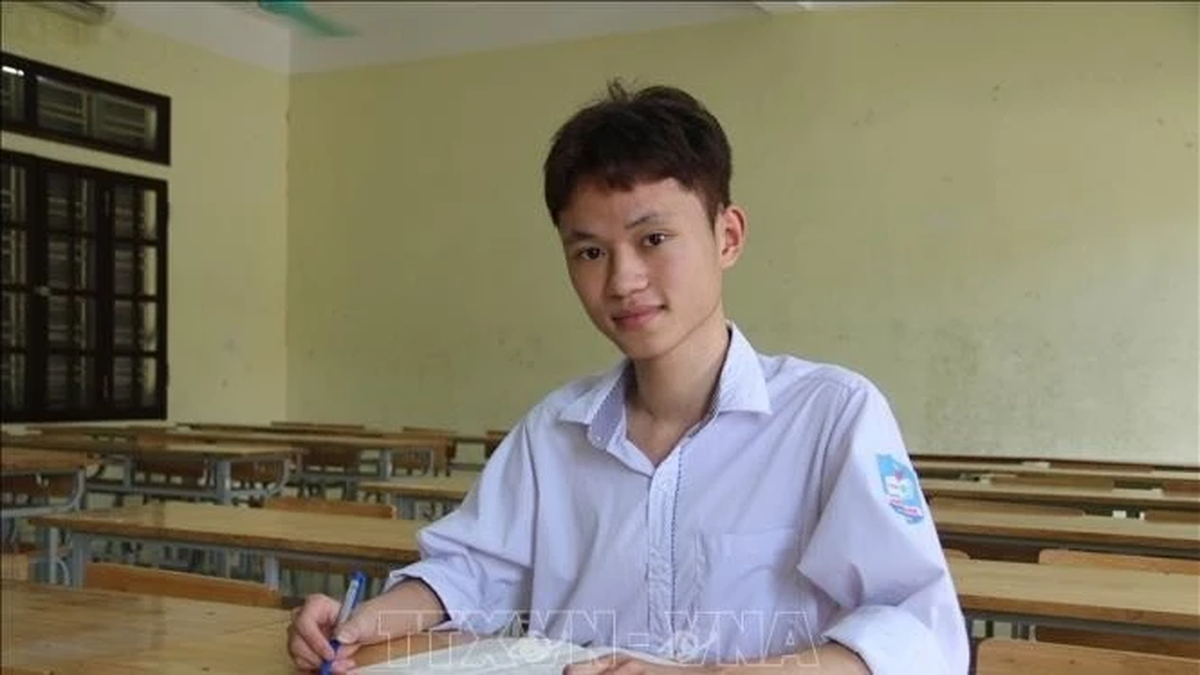








































![[Maritime News] More than 80% of global container shipping capacity is in the hands of MSC and major shipping alliances](https://vphoto.vietnam.vn/thumb/402x226/vietnam/resource/IMAGE/2025/7/16/6b4d586c984b4cbf8c5680352b9eaeb0)













































Comment (0)